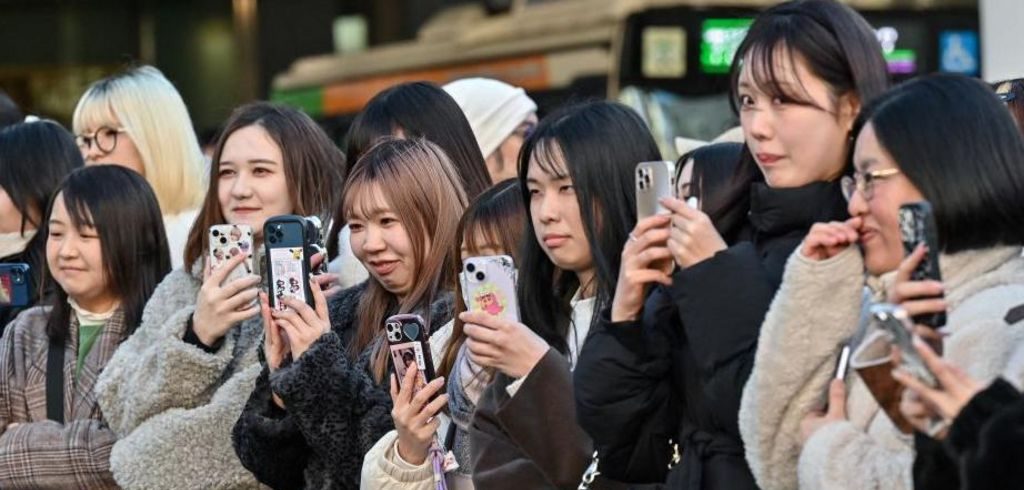- Toyoake, Japan, has proposed a two-hour daily smartphone limit for residents.
- The ordinance is non-binding and excludes work, school, and non-leisure activities.
- Age-specific guidelines suggest device cut-off times of 9 PM for children and 10 PM for adults.
- The proposal has sparked public debate, with 80% of residents opposing it during consultation.
- If passed, it will take effect on October 1, 2025.
A town in central Japan is making headlines after proposing a two-hour daily smartphone limit for its 69,000 residents — a move aimed at curbing digital addiction and promoting healthier screen habits.
The non-binding ordinance, introduced by Toyoake’s municipal government in Aichi Prefecture, encourages residents to restrict personal smartphone use to two hours per day outside of work and school. If approved, the measure would take effect on October 1, 2025.
The proposal includes age-specific guidelines: children aged 6–12 should stop using devices by 9 PM, while older teens and adults are advised to disconnect by 10 PM. Notably, the ordinance excludes non-leisure activities such as online learning, cooking tutorials, and e-sports practice.
Mayor Masafumi Koki emphasized that the initiative is not about enforcement but reflection. He hopes families will use the guideline as a starting point to discuss screen time and its impact on sleep, mental health, and relationships. He cited cases of students refusing to attend school without their phones and adults sacrificing family time for endless scrolling.
Despite its intentions, the proposal has sparked backlash. During a public consultation, 80% of respondents expressed dissatisfaction, with critics calling the measure unrealistic and intrusive. Social media users also weighed in, arguing that two hours isn’t enough to watch a movie or read an e-book.
Still, some residents support the initiative, viewing it as a necessary step toward digital wellness. The ordinance follows a similar move in 2020 by Kagawa Prefecture, which recommended limits on children’s gaming time — also non-binding but widely debated.

